Forensic Document Examiner: Understanding the Role and Expertise
A forensic document examiner plays a critical role in verifying the authenticity of documents and identifying any signs of tampering or fraud. This specialized field combines elements of handwriting analysis, ink and paper examination, and even digital document review. If you’ve ever wondered how professionals determine whether a signature is genuine or if a document has been altered, the expertise of a forensic document examiner is what makes it possible.
In this article, we’ll explore the role of a forensic document examiner, the types of cases they handle, and how forensic document examination works. We’ll also dive into the skills and qualifications necessary to become an expert in this field.
What Does a Forensic Document Examiner Do?
A forensic document examiner is a trained professional who investigates the authenticity and integrity of documents in legal cases. Their primary responsibility is to analyze documents to determine whether they have been forged, altered, or counterfeited. This can involve analyzing handwriting, signatures, paper quality, ink types, and the document’s overall physical condition.
Forensic document examiners are often called upon in legal cases involving:
Fraud: Detecting forged signatures, fake contracts, or altered financial records.
Criminal Investigations: Verifying documents as evidence in criminal cases.
Estate Planning: Authenticating wills and trusts, especially in cases of contested estates.
Forgery and Identity Theft: Investigating fake identification documents and fraudulent checks.
By applying scientific principles and specialized techniques, forensic document examiners are able to provide vital testimony in court cases and investigations.
The Process of Forensic Document Examination
The process of forensic document examination involves several steps that require expertise in multiple scientific fields. A forensic document examiner typically follows a detailed protocol to analyze the questioned documents. Here’s a look at the key steps involved:
Initial Document Assessment
The examiner starts by thoroughly inspecting the document in question. This involves a detailed visual examination to identify any obvious signs of tampering. The examiner looks for alterations, erasures, or signs of digital manipulation. They may also evaluate the document’s age, texture, and overall condition.
Ink and Paper Analysis
Forensic document examiners use sophisticated techniques to analyze the ink and paper used in a document. They may use tools like infrared light, ultraviolet light, or chromatography to detect ink inconsistencies, fading, or alterations. Paper analysis can determine if different types of paper were used, which might indicate forgery or modification.
Handwriting Comparison
Handwriting analysis is one of the most well-known tasks performed by a forensic document examiner. They compare questioned handwriting against known samples to determine whether they were written by the same individual. This requires a detailed understanding of individual writing habits, letter formation, and other handwriting characteristics.
Scientific Testing and Equipment
In some cases, the examiner may use scientific instruments like digital imaging or 3D scanning technology to create high-resolution images of the document. These images allow them to examine even the smallest details and identify inconsistencies that might be missed with the naked eye.
Report and Testimony
Once the examination is complete, the forensic document examiner prepares a detailed report of their findings. If the case goes to court, the examiner may be called to testify as an expert witness, explaining their analysis and conclusions. This testimony can be crucial in establishing the validity or fraudulence of a document.
Key Qualifications for Becoming a Forensic Document Examiner
Becoming a forensic document examiner requires a combination of formal education, specialized training, and hands-on experience. While the exact requirements can vary by country or jurisdiction, here are the typical qualifications needed:
Education and Background
Most forensic document examiners have a background in fields like criminal justice, law enforcement, or forensic science. A bachelor’s degree in one of these fields is often the first step. Some examiners also hold advanced degrees in areas like forensic science or criminal law.
Specialized Training
After completing their formal education, forensic document examiners undergo specialized training in document examination techniques. This training may take place through institutions such as the American Board of Forensic Document Examiners (ABFDE) or the Forensic Science Society (FSS) in the UK.
Experience and Certification
Experience is key to becoming an expert in forensic document examination. Most examiners work under the mentorship of experienced professionals before they are qualified to handle complex cases independently. Certification from professional organizations like ABFDE can also demonstrate proficiency and establish credibility in the field.
Courtroom Experience
A forensic document examiner’s ability to present findings clearly and convincingly in court is crucial. Many examiners gain this experience by working on real-life cases, often testifying as expert witnesses in trials and legal proceedings.
Why You Need a Forensic Document Examiner
In today’s world, where digital documents and forged identities are on the rise, having access to a forensic document examiner is invaluable for protecting yourself, your business, or your clients. Whether you’re involved in a legal dispute or concerned about potential fraud, these professionals provide the expertise needed to ensure document authenticity.
Their role extends beyond traditional document handling, as they also adapt to new technologies and emerging threats like digital forgeries and counterfeit electronic documents. If you suspect a document is fraudulent or have concerns about a critical signature or record, consulting a forensic document examiner can save you from potentially costly and damaging consequences.
Conclusion
A forensic document examiner is a vital professional in the realm of document authentication and fraud prevention. From criminal cases to financial disputes, their expertise in forensic document examination ensures that documents are genuine and tampering is detected. With their specialized skills, forensic document examiners provide an invaluable service in preserving justice and integrity in both personal and business matters.
If you’re dealing with document authenticity issues, hiring a trained forensic document examiner may be the step you need to ensure the truth is uncovered.



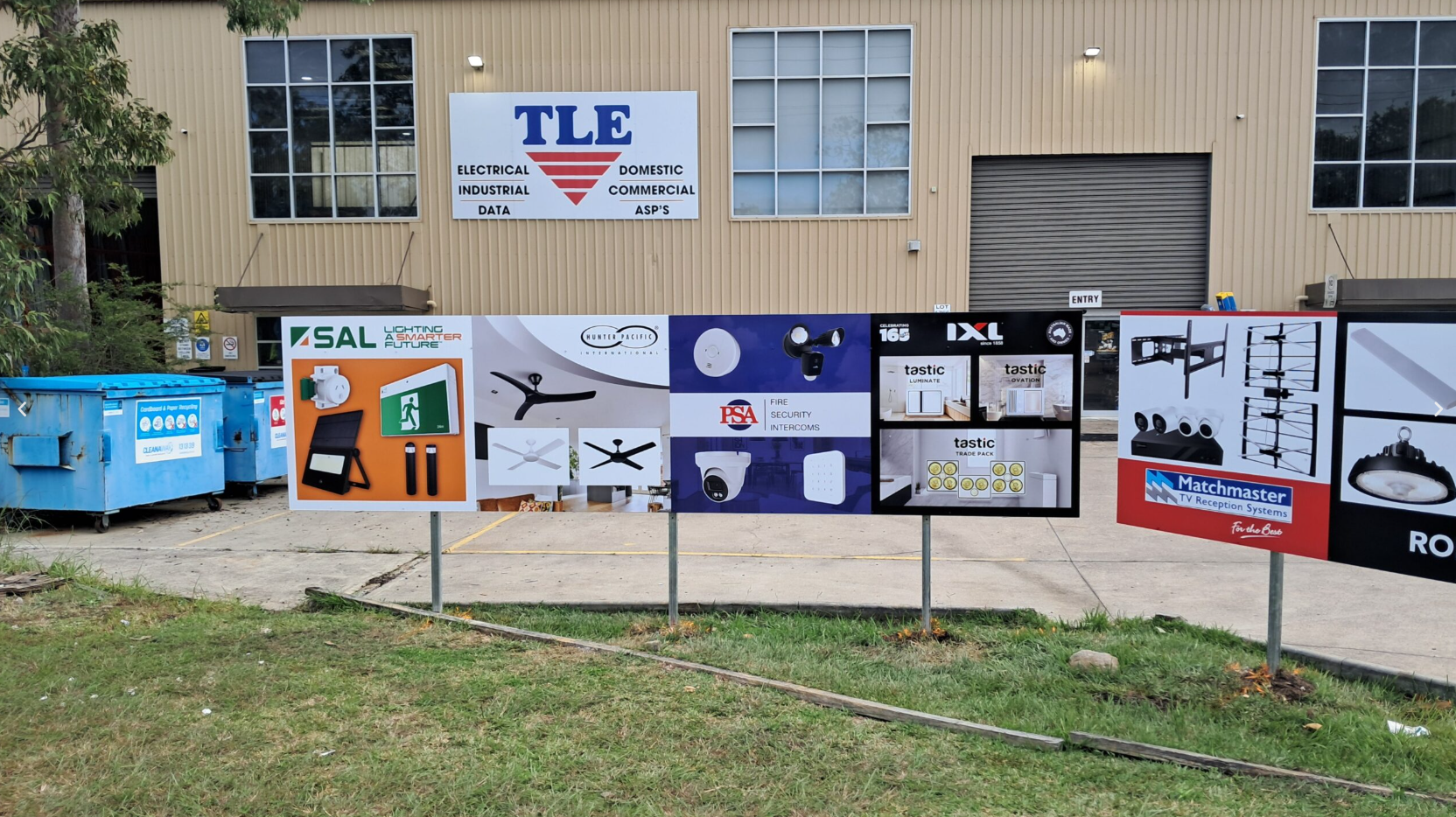


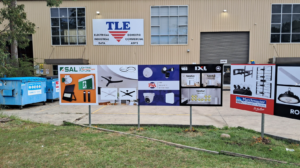
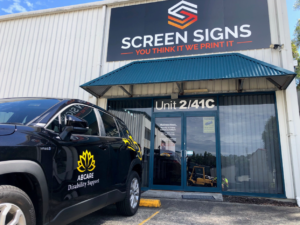
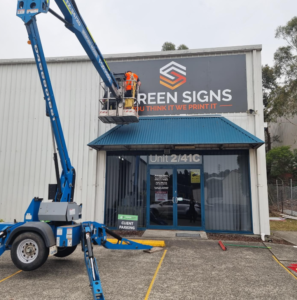



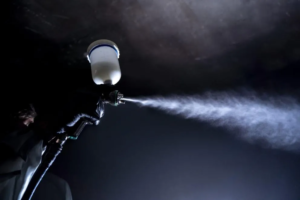

Post Comment